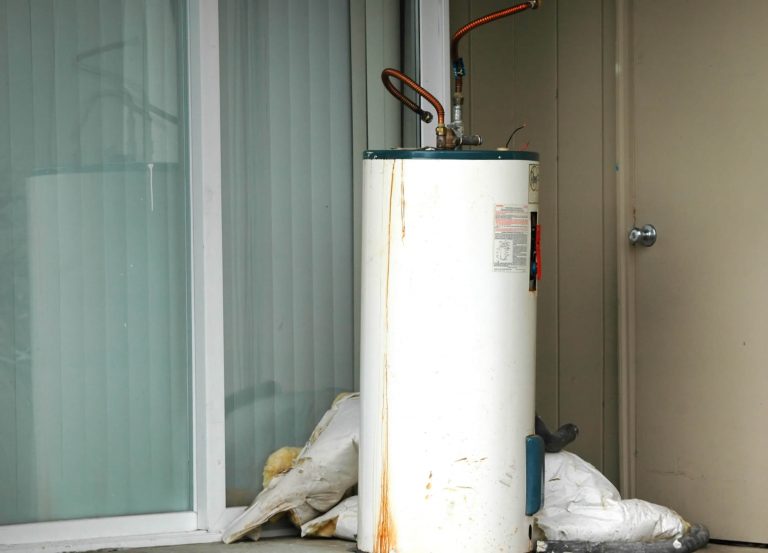In a perfect world, every appliance and plumbing fixture in your home would last forever. Doesn’t that sound great? Of course, we know that’s not the reality. So the best we can hope for is to get the most life out of every product before it needs to be replaced.

That being said, let’s talk about water heaters. The average service life of a tank water heater is 8 to 12 years. A big factor that determines if you can extend your unit’s service life to the higher ranger is whether or not you perform routine maintenance on your unit. And for many models of water heaters, one of the most important maintenance tasks is replacing the anode rod in the tank. Not familiar with what this part is or how it’s replaced? Read on and we’ll explain.
What is the anode rod – and what does it do?
The inside of a water heater can be a pretty harsh environment. You have water churning and continuously heated to around 120° F. But you also have a variety of minerals that are present in the water supply. If you have what’s considered “hard water, that means you have higher levels of certain minerals such as calcium and magnesium. These minerals are essentially harmless to our health but they can eat away at the inside of the tank, especially the bottom where they tend to collect.
That’s where the anode rod comes in. In simple terms, the component sacrifices itself to the corrosion of the minerals, which protects the inside lining of the water heater tank. Since anode rods take so much punishment, they are temporary parts and designed to wear out before the rest of the unit. At that point, the anode rod needs to be replaced or the minerals will redirect their corresponsive nature to the rest of the unit.
Replacing the anode rod
How often you should replace your anode rod depends on many factoring, including whether you have hard or soft water. However, the average is about every three years. If you haven’t done the math yet, that means you could go through 3-4 anode rods during the service life of your water heater.
If you don’t have extensive plumbing experience, replacing the anode rod on your own can be difficult and potentially dangerous. The anode rod is located in different places by different manufacturers, and can sometimes be difficult to get to. Plus, there are different base materials for anode rods – including magnesium, aluminum, and zinc – which are designed for maximum protection based on your water composition. For those reasons, we recommend having your anode rod inspected and replaced by a licensed plumber.
Professional anode rod inspection and replacement
If you live in New Haven or Fairfield County, CT, and want to extend the life of your water heater, bring in the experts at Rick’s Plumbing. One of our experienced plumbers can inspect the anode rod of your water heater and replace it if necessary. To schedule an appointment, call us today at (203) 874-6629.



